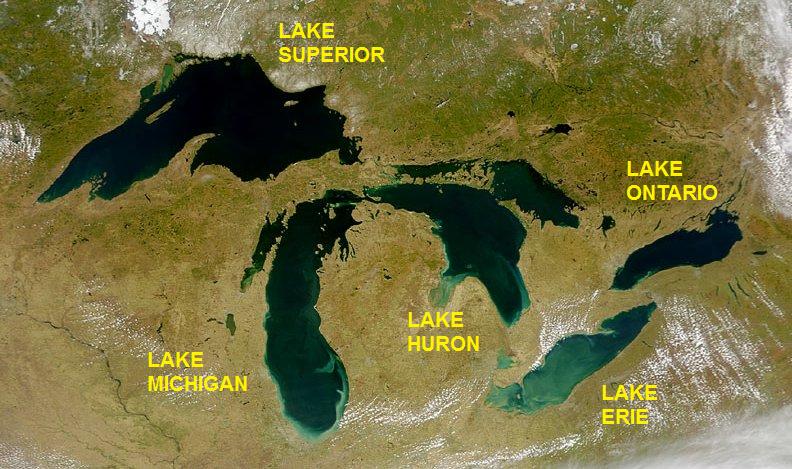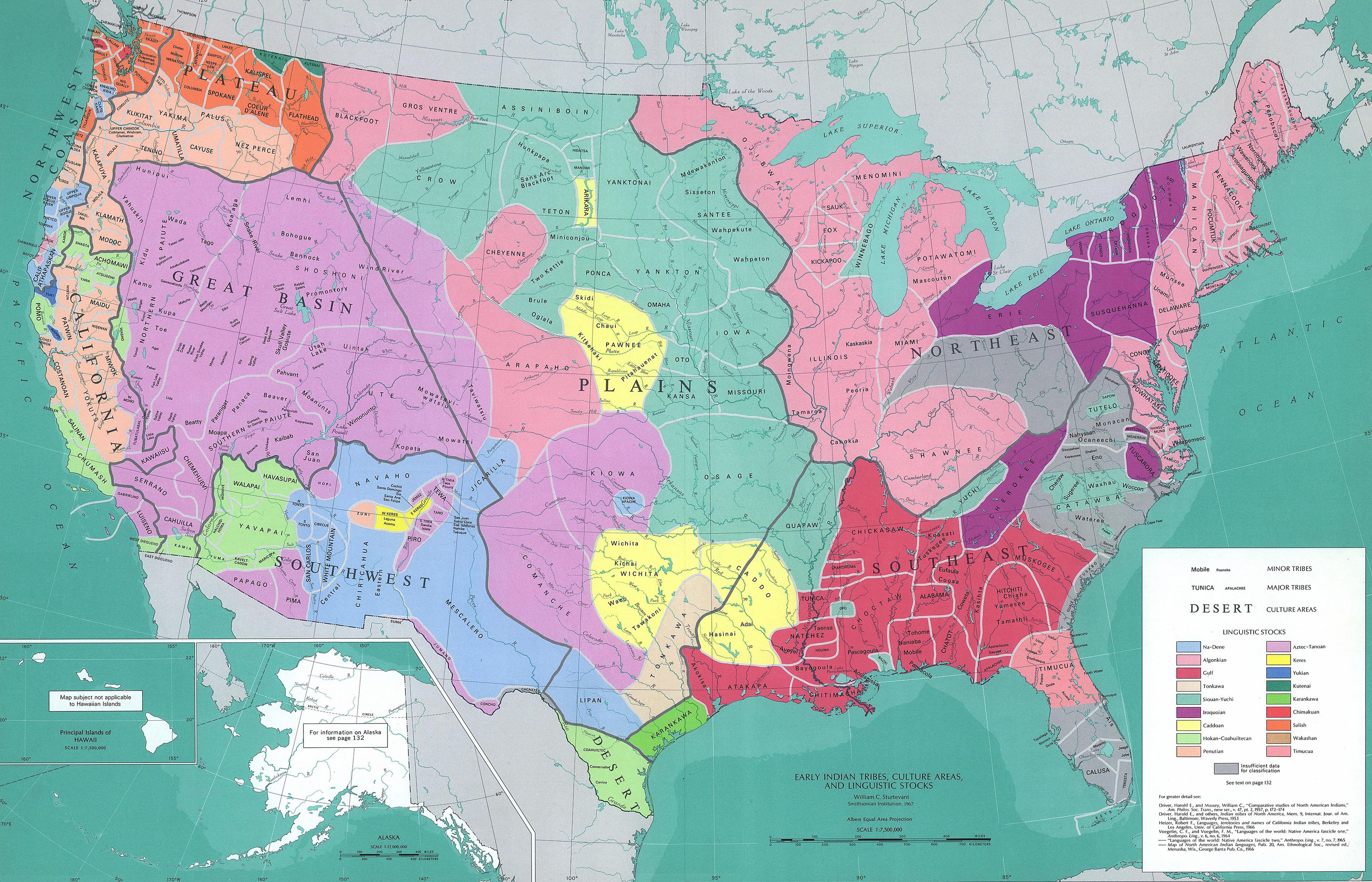
No new worlds are discovered, just met. Indigenous Peoples Day, established by the UN Declaration on the Rights of Indigenous Peoples, reminds us of those who were here, first. In 2024, the UN focus is on those who live as stewards and protectors of the forest, and therefore, the planet. With traditions that promote an environment in balance, indigenous peoples’ land stretches across 28% of the world’s land often farmed with regenerative agriculture, and containing 11% of global forests. Indigenous peoples have defended and sustain water resouces. As protectors of nature, original nations are leading the way.

In the United States, the Yesah Tribunal was the first indigenous Rights of Nature Tribunal: 123 nations have signed the declaration. Current initiatives include the case of Haw River vs. Mountain Valley Pipeline. In the United States, the Navajo and other Native Peoples are part of the Colorado River Compact. Great Lakes Compact raised the rights to water and sustainability, as well as land and pipeline permits. The American National Trails System memorializes and recognizes paths forged by fleeing injustice, including the Cherokee. Maori of New Zealand established legal personhood of the Whanganui River. The Guarani River in Brazil and Paraguay gave name and policy to Itaipú.

Scholars have explored and helped to define rights of indigenous, especially when affected by more recent arrivals. Ingrid Waldron of McMaster University identified the rights First Nations to water, land, and energy. In México and the US, transboundary water issues for rivers and underground aquifers have been elucidated by Gabriel Eckstein of Texas A & M University. October 2024’s Nobel Prize in Economics honors scholars Daron Acemoglu and Simon Johnson of MIT and James Robinson of the University of Chicago who explored effects of societal institutions introduced during colonization. Treaties and agreements between and among those who were here first and those who arrived – like Columbus, Cortes, and others – are of both historical and future relevance. The 1497 Treaty of Tordesillas sought to divide the world via an imaginary line in the Atlantic ocean (in 1529, the Treaty of Zaragoza aimed to do the same with claim on Pacific rights). The founding of Singapore, and the creation of Panama, are more recent proclamations. Together with more recent agreements on the rights of nature by New Zealand, Uruguay, and others may offer insights as we consider mineral rights in the ocean, or geothermal rights on land. Will the vision of Jamie C. Beard lead to a new view of access and rights to continuous, carbon-free, and universal energy?

Today, in the United States, what was formerly known as (and still sometimes called) “Columbus Day” was officially named as Indigenous Peoples Day in 2021. Canada introduced Native Land Digital, along with a searchable map of land, languages, and treaties. If you reside in the Americas, find out whose original land you live on and honor those who were here, there, and everywhere, first.
Beard, Jamie C. Project: Inner Space. https://projectinnerspace.org/about/
Brooke, K. Lusk. “Water Laws Database.” Renewing the World: WATER. 2022. ISBN: 979-8-9850359-1-9-51799. FREE DOWNLOAD. https://renewingtheworld.com/files/samples/Renewing-The-World-Water-Database-Laws.pdf
Cherokee Nation. https://www.cherokee.org/about-the-nation/citizen-action/
Davidson, Frank P. and K. Lusk Brooke. “The National Trails System,” Building the World, Volume Two, pages 641-668. ISBN: 9780313333743.
Eckstein, Gabriel, et al., “Conferring Legal Personality on the World’s Rivers: A Brief Intellectual Assessment.” August 2019. Water International and Texas A&M University School of Law Legal Studies Research Paper No. 19-30. https://papers.ssrn.com/sol3/papers.cfm?abstract_id=3431344
Indigenous Environmental Network. “The Yesah Tribunal: Mountain Valley Pipeline and the Rights of Rivers.” June 2024. https://www.ienearth.org/yesah-tribunal-the-rights-of-river-and-the-mountain-valley-pipeline/
Kaur, Harmeet. “The Cherokee Nation is again calling on Congress to deliver on a 200-year-old-promise.” 27 September 2022. CNN. https://www.cnn.com/2022/09/27/us/cherokee-nation-push-for-congress-delegate-cec/index.html
Native-Land.ca. “Our home on native land.” https://native-land.ca/
New Zealand, Government of and Maori Nation. “Te Awa Tupua (Whanganui River Claims Settlement Bill). 20 March 2017. https://www.legislation.govt.nz/act/public/2017/0007/latest-whole.html
Pietrowski, Robert, Jr. “Hard Minerals on the Deep Ocean Floor: Implications for American Law and Policy,” 19 William & Mary Law Review. 43 (1977). http://scholarship.law.wm.edu/smlr/vol19/iss1/5
Treisman, Rachel. “Which Indigenous Lands are you on? This map will show you.” 10 October 2022. NPR. https://www.npr.org/2022/10/10/1127837659/native-land-map-ancestral-tribal-lands-worldwide
United Nations. “International Day of the World’s Indigenous Peoples.” https://www.un.org/en/observances/indigenous-day
United Nations. “Indigenous Languages Decade (2022-2032).” UNESCO. https://www.unesco.org/en/decades/indigenous-languages
United States of America. “A Proclamation on Indigenous Peoples’ Day, 2021.” 8 October 2021. https://www.whitehouse.gov/briefing-room/presidential-actions/2021/10/08/a-proclamation-indigenous-peoples-day-2021/
Waldron, Ingrid R. G., There’s Something in the Water: Environmental Racism in Indigenous & Black Communities. Fernwood Publishing: 2018. ISBN: 1773630571
Building the World Blog by Kathleen Lusk Brooke and Zoe G. Quinn is licensed under a Creative Commons Attribution-NonCommercial-NoDerivs 3.0 U
